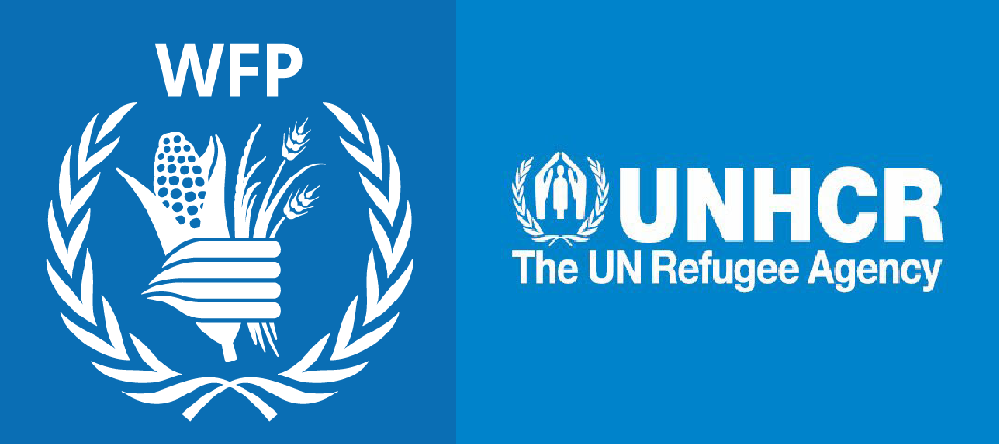Ethiopia, UN Organizations Appeal for 73 Million USD to Assist over 750,000 Refugees - ENA English
Ethiopia, UN Organizations Appeal for 73 Million USD to Assist over 750,000 Refugees

Addis Ababa August 9/2022 /ENA/ The World Food Programme (WFP), the UN Refugee Agency (UNHCR) and the Ethiopian Government Refugees and Returnees Service (RRS) appealed today for 73 million USD to feed over 750,000 refugees in Ethiopia for the coming six months.
WFP will completely run out of food for refugees by October, leaving vulnerable families who are dependent on food assistance at risk of undernutrition, micronutrient deficiency, susceptibility to diseases/infection and increased protection risks, the three agencies warn.
WFP’s Representative and Country Director for Ethiopia, Claude Jibidar said they have 75 million funding shortfall for refugees’ minimum needs.
“We have a shortfall of 73 million USD for refugees’ minimum needs and we are deeply concerned that if funding cuts continue, they may consider returning to their places of origin when it is unsafe.”
Food rations for refugees in Ethiopia were first reduced by 16 percent in November 2015, by 40 percent in November 2021, and by 50 percent in June 2022, it was indicated.
UNHCR’s Deputy Representative in Ethiopia, Margaret Atieno said they are concerned by the lack of food for refugees and solicited for more funding from donors.
“We are grateful for what donors have provided so far, but more funding is needed and quickly.”
The drought in some part of the country will also undermine the gains made in refugee protection and risk impacting the peaceful co-existence between refugees and their host communities coupled with the depleting food supply.
“We are very concerned about the lack of food for refugees. The continued lack of full rations for refugees, coupled with the impact of the most severe drought that the country has experienced in over 40 years, will greatly undermine the gains made in refugee protection and risk impacting the peaceful co-existence between refugees and their host communities.”
Refugees and Returnees Service Director General, Tesfahun Gobezay said “Ethiopia, with its progressive refugee policy and commitments, has been striving to ensure the sustainable self-reliance of refugees and host communities with its scarce resources, struggling with recurrent funding gaps from the international community.
“The subsequent deduction of the overall humanitarian assistance fund for refugees in Ethiopia in recent years has not only affected the immediate basic needs of refugees, but also hindered the long-term intended sustainable self-reliance and co-existence of refugees and host communities.”
“The ongoing resource constraints create conflict and stress due to competition over the existing scarce local resources. The persistent budget cuts and the recent 50 percent deduction of the food and cash assistance to refugees from the minimum recommended standard seriously affect the lives of refugees, exposing them to chronic hunger, anaemia, sexual exploitation, and deaths, as more than 85 percent of refugees in Ethiopia are fully dependent on the monthly WFP food rations.
This will drawback the positive development of Ethiopia towards ensuring the self-reliance and co-existence of refugees and host communities and above all make the entire life-saving efforts difficult,” he added.
Ethiopia hosts more than a million registered refugees and asylum-seekers. Most of them are from South Sudan, Somalia, Eritrea and Sudan. Of these, about 750,000 are fully dependent on humanitarian food assistance.